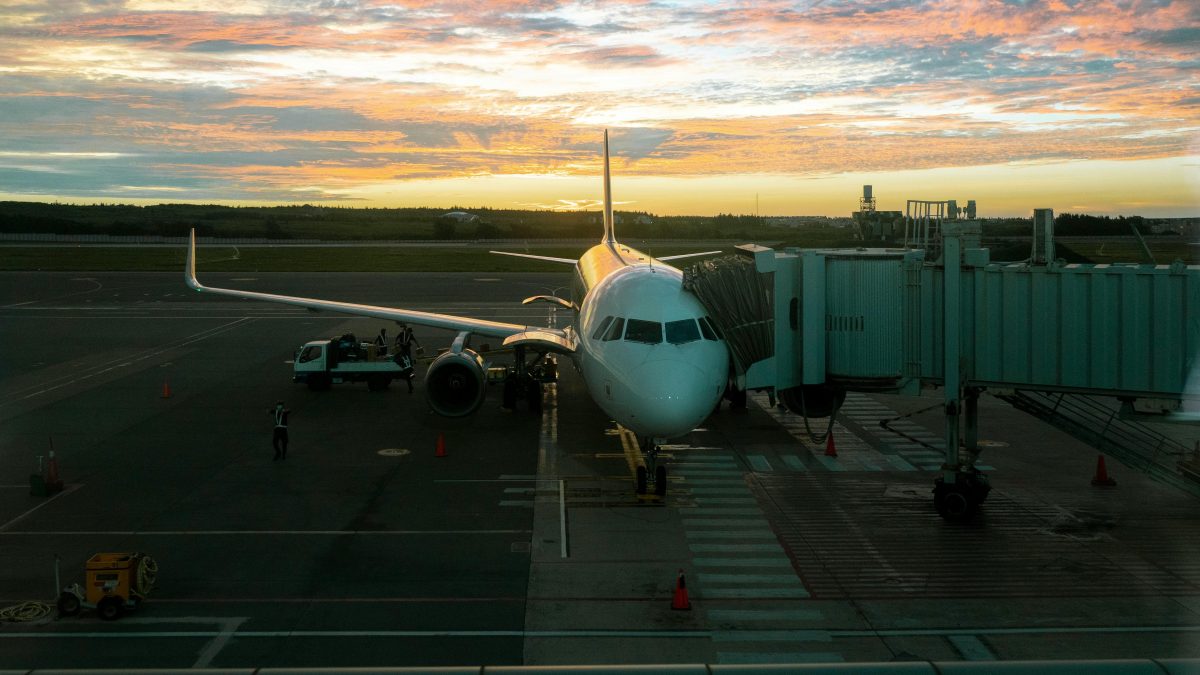
Flight cuts at German airports. News. The situation at German airports is tense. Airlines are now announcing big cuts to their flights at many airports across the country. In the past few days, three airlines have revealed major reductions in their flight schedules due to high extra fees. Here’s what this means for travellers.
Three airlines reduce flights to Germany
On Thursday, October 10, the Irish budget airline Ryanair announced it would cut its flight offerings to Germany by another 12%. This follows a previous decision to reduce a fifth of its flights from Berlin, according to an industry report. In Hamburg, flight availability will drop by 60%, and Ryanair plans to completely withdraw from Dortmund, Dresden, and Leipzig. This move will eliminate 22 routes and 1.8 million seats.
Shortly after Ryanair’s announcement, Lufthansa’s subsidiary Eurowings also revealed plans to cut back. In a statement, Eurowings confirmed that over 1,000 flights to and from Hamburg will be removed from the schedule and redirected to other locations. For economic reasons, the popular Hamburg to Cologne/Bonn route, favored by business travelers, will be canceled. Additionally, six other destinations across Europe and North Africa may also be dropped.
Read also: A Major Change in Passports and ID Cards: The EU’s Plans Revealed
On Monday, October 14, Condor joined the list of airlines reducing flights. The airline announced that connections to Samos and Málaga will be completely canceled, and flights to Kos will be significantly reduced. From Hamburg, Condor will cut its flight schedule by 13% for the entire year of 2025, and plans for expanding with new destinations will be scrapped, according to Merkur.de.
Why are airlines pulling out of Germany?
The increased air traffic tax, introduced by the German government on May 1, 2024, has been a major point of criticism. Ryanair called the higher ticket charges “ridiculous.” The airline also pointed out that security and air traffic control fees are excessively high. Ryanair CEO Eddie Wilson urged Minister Wissing to take action, warning that without intervention, German travelers will continue to face the highest airfares in Europe’s slowest-recovering aviation market. Despite a seven-year plan to double traffic in Germany, Ryanair has seen no government response, prompting the airline to cut flights. The company also criticized Lufthansa’s “monopoly of high prices.”
What does the reduced offer mean for air travel in Germany?
The recent cuts in flight schedules by airlines like Ryanair, Eurowings, and Condor are expected to have a major impact on Germany’s aviation sector. High operational costs, such as increased air traffic taxes and security fees, are driving these reductions, which could lead to fewer available flight options and higher ticket prices on certain routes, especially where competition is limited. Aviation associations have voiced concerns about Germany’s declining status as an aviation hub, warning that the situation may worsen unless changes are made.
